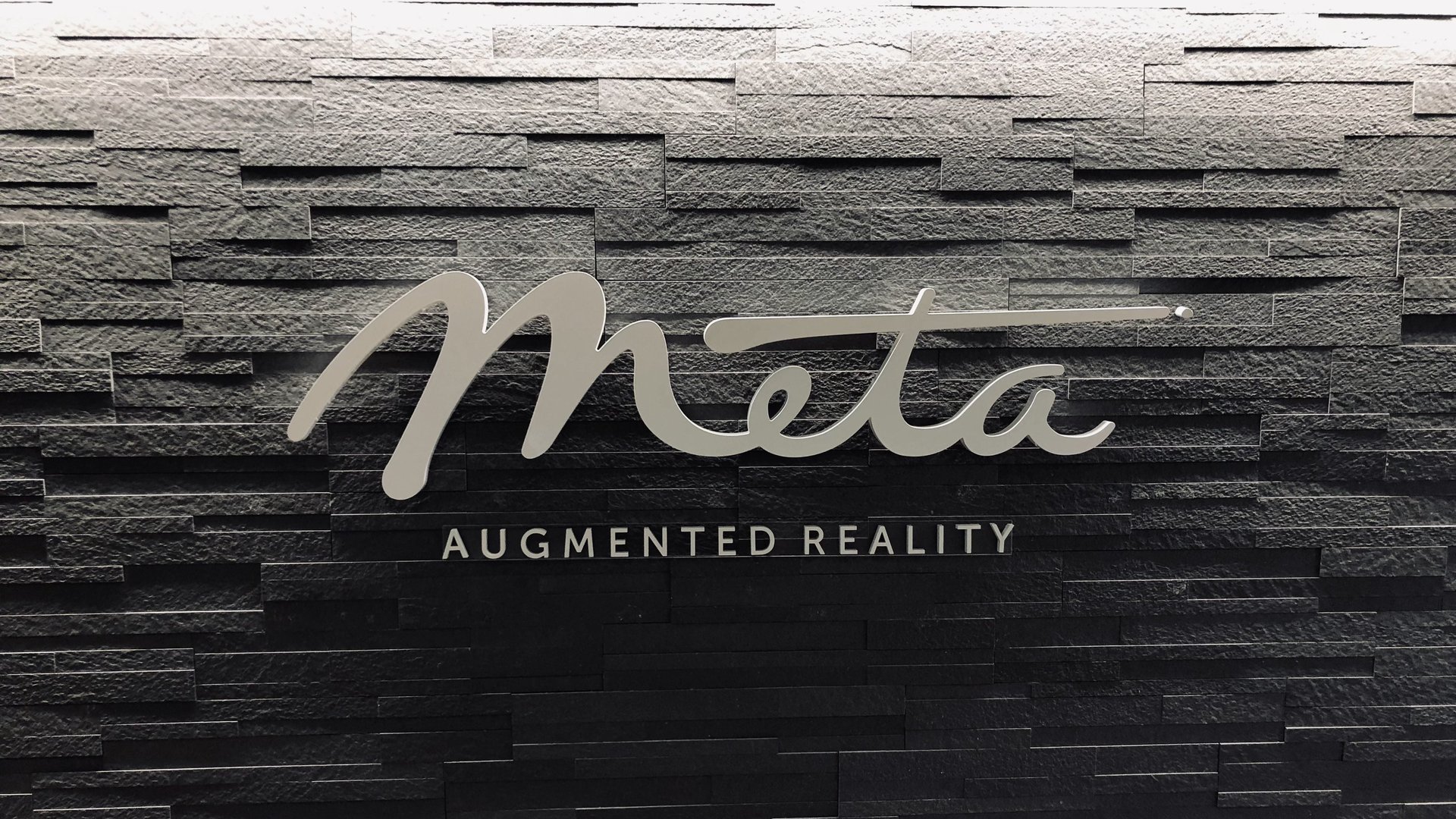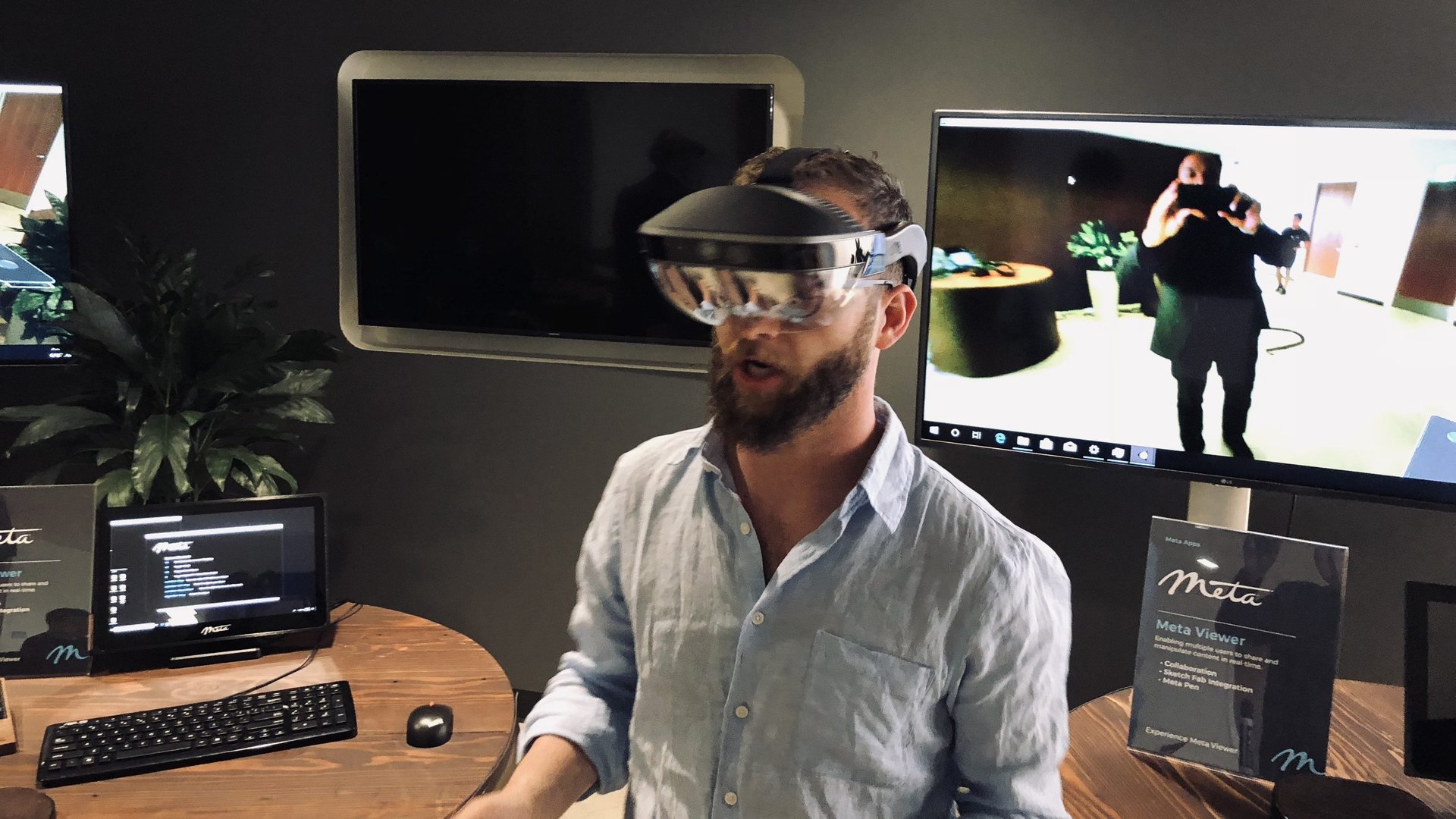Silicon Valley has already had a Meta—and it flamed out
Mark Zuckerberg has finally unveiled the long-rumored name change designed to shed the negativity surrounding the Facebook brand. Facebook is now Meta. There’s just one problem: There was already a very high-profile metaverse company called Meta, and it didn’t turn out well.


Mark Zuckerberg has finally unveiled the long-rumored name change designed to shed the negativity surrounding the Facebook brand. Facebook is now Meta. There’s just one problem: There was already a very high-profile metaverse company called Meta, and it didn’t turn out well.
The augmented reality company was founded in 2013, before Facebook acquired VR startup Oculus and Zuckerberg began his long metaverse campaign in earnest. Meta started out as a tiny operation, but over the course of five years grew into a relevant AR player in Silicon Valley. Founded by Meron Gribetz, Meta amassed $73 million in funding and secured partnerships with the likes of computer giant Dell.
What the original Meta was
Meta’s primary product, sitting alongside a suite of immersive software tools, was an augmented device. The pioneering piece of technology used a mounted depth sensor that allowed the wearer to use hand gestures to manipulate virtual objects shown through its lens. The first iteration, the Meta 1, was funded via Kickstarter, ultimately garnering around $200,000 from supporters. It offered an impressive, but limited feature set.
The company revealed an updated version in 2016, the Meta 2, which sold for $949. It seemed ready to deliver on the company’s metaverse aspirations, including deploying AR immersion to improve factory floor worker training, technical design work, and remote communications. And unlike many other AR and VR startups, Meta was focused on capturing the enterprise business space.
Meta’s downfall casts a shadow over Facebook’s rebrand
By 2018, Meta was on somewhat shaky ground, faced with steep competition from Microsoft’s HoloLens and Magic Leap. But from all outward appearances, the company seemed relatively stable. However, a cash crunch leading to a series of layoffs toward the end of that year, and a drawn-out patent lawsuit battle combined to weaken the already struggling startup. Soon after, the company simply ran out of money, and by January 2019, it was in the process of being shut down.
Months later, an investment group secured the assets of Gribetz’s failed company and, in a last-ditch effort to revive it, relaunched the effort as Meta View. But the vision and momentum of the original Meta had been lost. Today, the company’s website consists of just a logo.

Considering Meta’s scarred history, some AR industry insiders will find it particularly odd that Zuckerberg is attempting to rehabilitate the Facebook brand by using the same name as a failed metaverse player.
Fortunately, for Facebook, most of the mainstream public never got a chance to find out what the original Meta was.